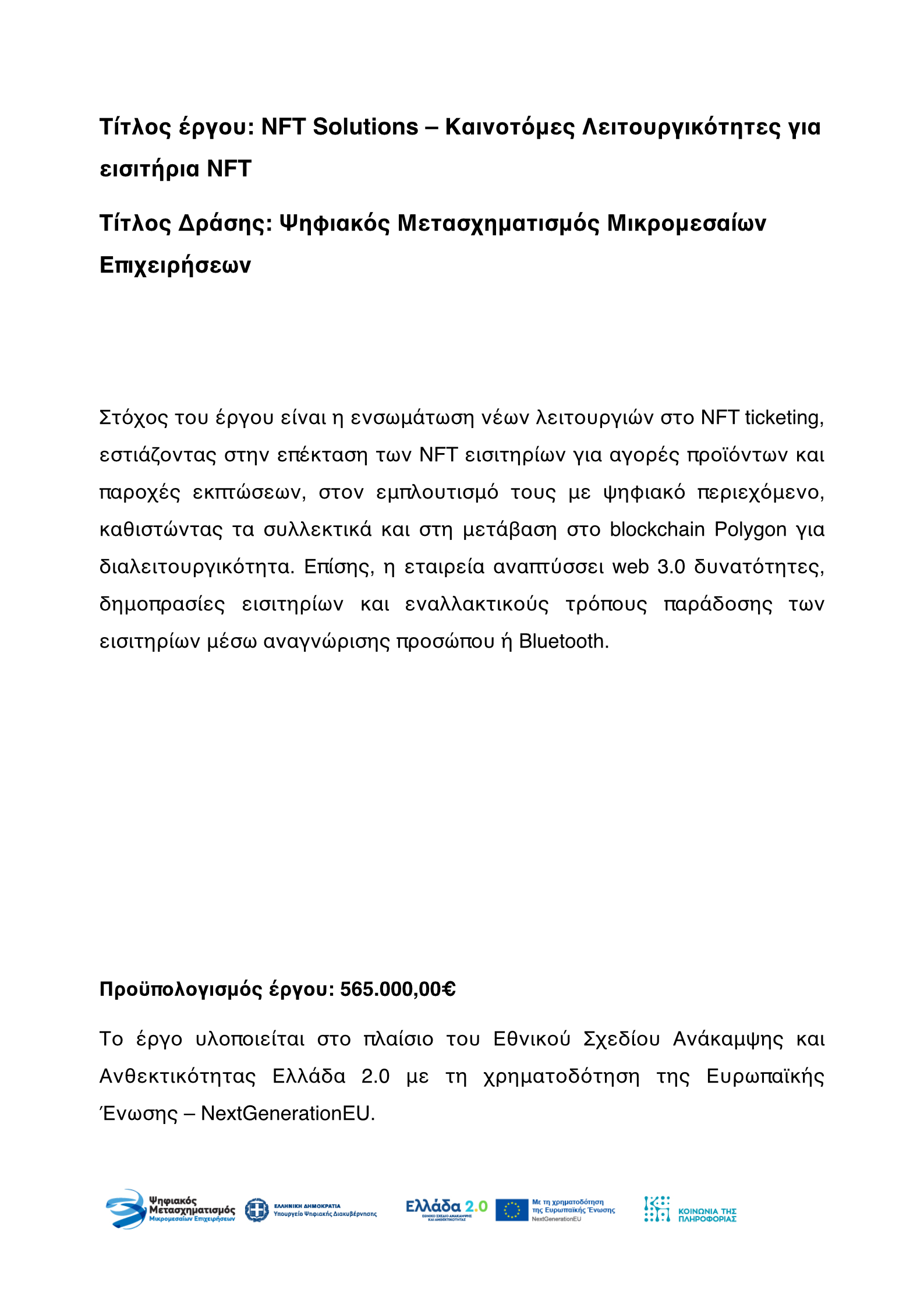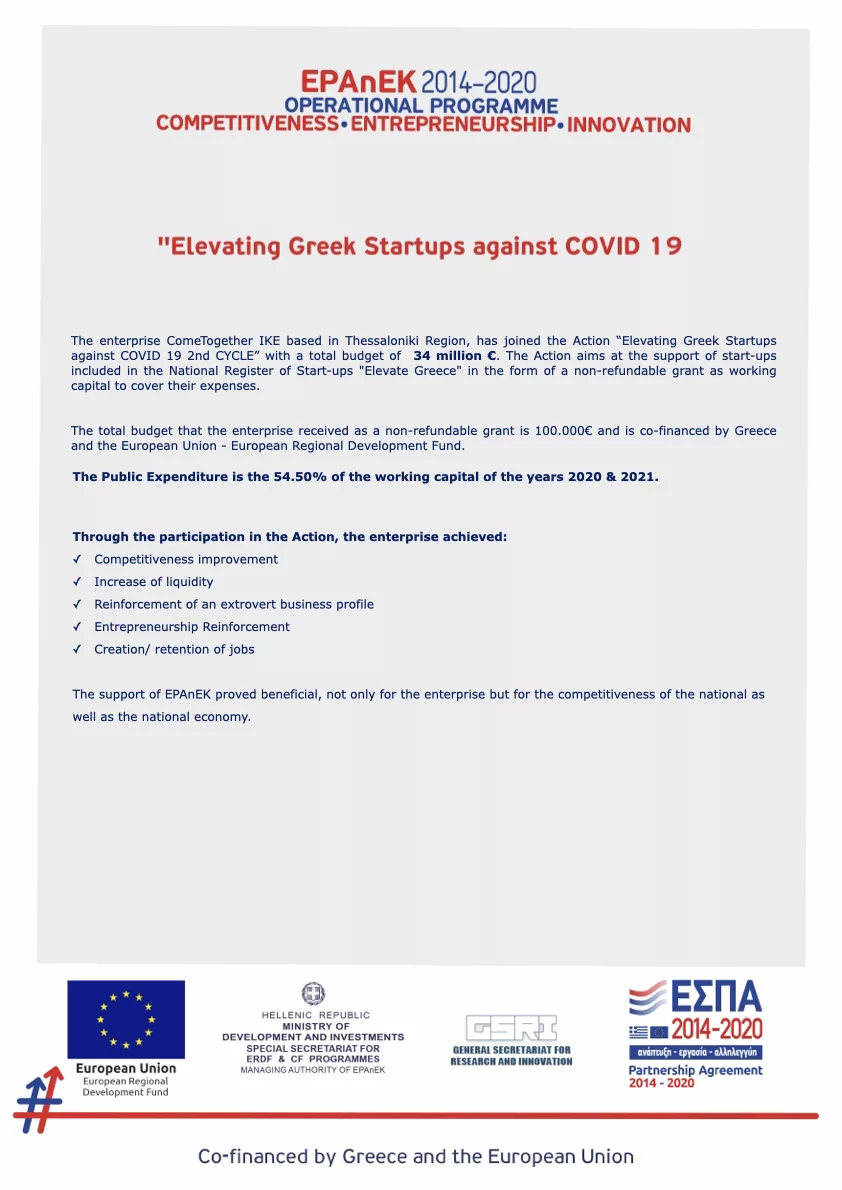Digital event tickets, particularly those leveraging Non-Fungible Token (NFT) technology, have revolutionized the event industry, offering innovative benefits that extend far beyond the simplicity of electronic access. This article explores the various advantages of digital and NFT tickets, highlighting how they enhance the event-going experience for attendees, streamline operations for organizers, and contribute positively to environmental sustainability.
Innovative benefits of digital NFT tickets
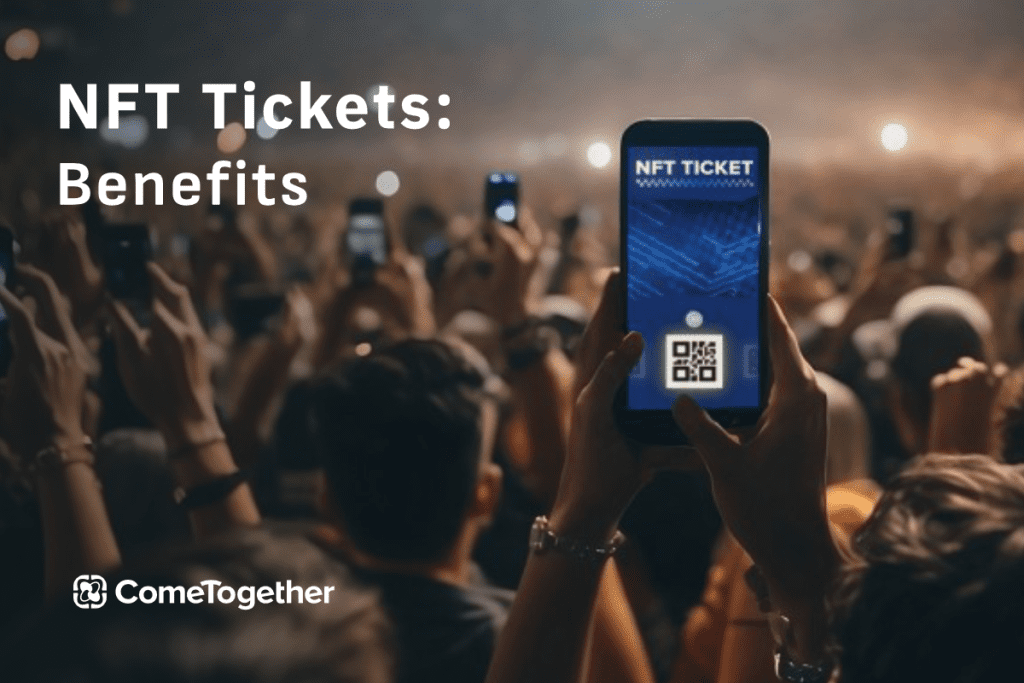
Enhanced Convenience and Accessibility
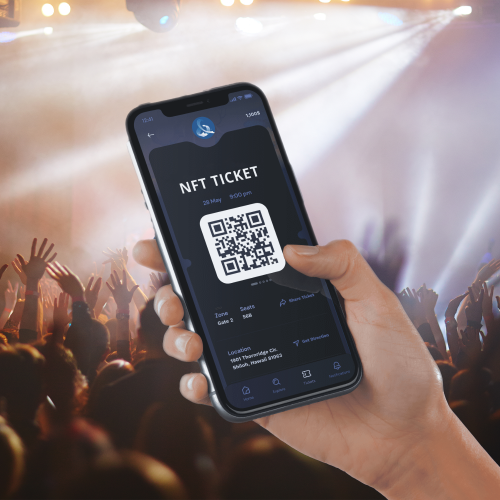
Digital tickets, including NFT-based ones, provide unmatched convenience. Stored securely on smartphones, they are easily accessible and hard to misplace, eliminating the need for physical tickets. NFT tickets, being unique digital assets, offer added value by potentially serving as collectibles or granting access to exclusive content, enhancing the overall event experience.
Improved Security and Fraud Prevention
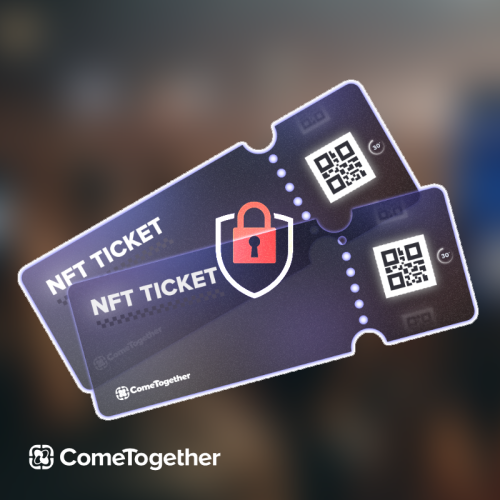
Digital and NFT tickets significantly reduce the risk of ticket fraud. Each ticket, especially when minted as an NFT, is unique and verifiable on the blockchain, making duplication nearly impossible. This not only protects against counterfeit tickets but also ensures the authenticity and ownership of each ticket, offering peace of mind to both organizers and attendees.
Personalized Attendee Experience
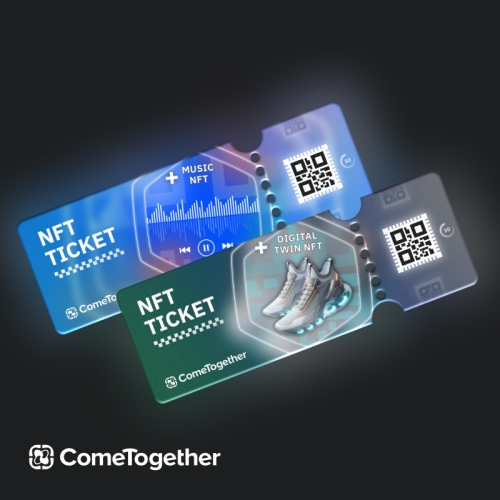
The integration of NFTs in digital ticketing allows for even more personalized attendee experiences. NFTs can store attendees’ preferences and past event interactions, enabling organizers to offer highly customized experiences and rewards. Attendees can receive updates, notifications, and personalized offers directly through the app or platform, enhancing their engagement with the event.
Streamlined Event Management

For organizers, digital tickets, particularly NFTs, simplify many aspects of event management. Real-time data from these tickets enables efficient crowd management and resource allocation. Organizers can track attendance patterns and other vital statistics, allowing them to make informed decisions and offer a safer, more enjoyable event.
Environmental Impact

Digital tickets, including NFTs, help reduce the environmental impact of events. By eliminating paper tickets, they contribute to less deforestation and waste. Moreover, the use of blockchain technology in NFTs can be more energy-efficient than traditional ticketing systems, further reducing the carbon footprint.
Innovative Integration with Other Technologies

Digital and NFT tickets can be integrated with other technologies to further enhance the event experience. For instance, coupling NFT tickets with augmented reality (AR) can provide immersive experiences or exclusive content, adding a new dimension to events. Additionally, RFID technology can be used alongside NFTs for seamless access control and cashless transactions within events.
Potential for Secondary Markets
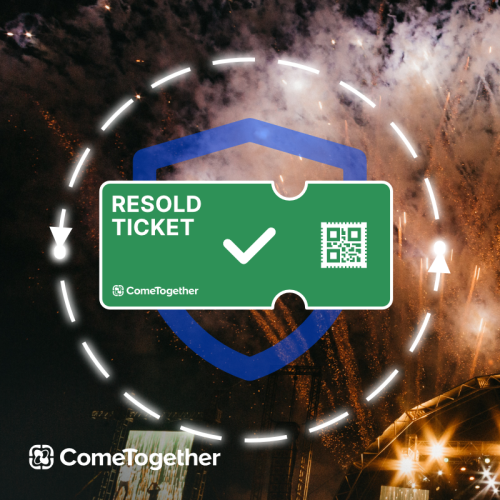
NFT tickets also open up possibilities for secure and transparent secondary markets. Due to their unique and traceable nature on the blockchain, these tickets can be easily and safely resold or transferred, creating a legitimate market for ticket resale and reducing the risks associated with fraudulent resale practices.
Conclusion
The integration of NFT technology into digital event tickets represents a significant advancement in the event industry. It not only offers the benefits of traditional digital tickets – convenience, security, personalization, and sustainability – but also adds unique value through collectibility, immersive experiences, and a secure secondary market. This innovation reflects the broader digital transformation in our society, where cutting-edge technology like NFTs is being leveraged to create more efficient, secure, and engaging experiences.
Table of contents:
- Introduction
- Overview of Digital Tickets
- Emergence of NFT in Ticketing
- Enhanced Convenience and Accessibility
- Benefits of Digital Ticketing
- NFT Tickets and User Accessibility
- Improved Security and Fraud Prevention
- Security Features of Digital Tickets
- The Role of Blockchain in NFT Ticketing
- Personalized Attendee Experience
- Customizing Event Experiences with Digital Data
- NFTs and Enhanced Personalization
- Streamlined Event Management
- Digital Ticketing for Efficient Event Operations
- Real-Time Data and Management Benefits
- Environmental Impact
- Sustainability of Digital Ticketing
- Blockchain and Environmental Considerations
- Innovative Integration with Other Technologies
- Synergy Between Digital Tickets and Emerging Tech
- Case Studies: AR and RFID in NFT Ticketing
- Potential for Secondary Markets
- Resale and Transfer of Digital Tickets
- NFTs in Creating Transparent Secondary Markets
- Conclusion
- The Future of Event Ticketing
- Final Thoughts on Digital and NFT Ticketing Advancements
- FAQs
FAQs
What are digital event tickets?
Digital event tickets are electronic versions of traditional paper tickets, stored and accessed via smartphones or other digital devices, offering convenience and security for event access.
How do NFT tickets differ from regular digital tickets?
NFT tickets are a special type of digital ticket that utilizes blockchain technology. Each NFT ticket is a unique, verifiable asset on the blockchain, which can prevent duplication, enhance security, and potentially offer additional value like collectibility and access to exclusive content.
Are digital and NFT tickets environmentally friendly?
Yes, both digital and NFT tickets help reduce the environmental impact of events by eliminating the need for printed tickets, thus contributing to less deforestation and waste. Additionally, the blockchain technology used in NFTs can be more energy-efficient than traditional ticketing systems.
How do NFT tickets enhance the attendee experience?
NFT tickets can store data about attendee preferences and past interactions, enabling event organizers to offer highly personalized experiences. They can also serve as collectibles or grant access to exclusive content, adding unique value to the event experience.
Can digital and NFT tickets be transferred or resold?
Yes, both types of tickets can be easily transferred or resold. NFT tickets, in particular, can be resold or transferred securely and transparently on the blockchain, creating legitimate and safe secondary markets.
How do digital and NFT tickets improve event security?
Digital and NFT tickets reduce the risk of ticket fraud as they are uniquely barcoded or QR-coded. NFTs add an extra layer of security, as their unique nature on the blockchain makes duplication almost impossible.
Do digital and NFT tickets allow for real-time event management?
Yes, the real-time data provided by digital and NFT ticketing systems enables efficient crowd management, resource allocation, and informed decision-making during the event.
Can digital and NFT tickets be integrated with other technologies?
Absolutely. They can be integrated with technologies like augmented reality for immersive experiences or RFID for seamless access control and cashless transactions within events.
What are the benefits for event organizers using digital and NFT tickets?
Organizers benefit from streamlined event management, enhanced security, reduced risk of fraud, access to real-time attendance data, and the ability to offer personalized experiences to attendees.
Are there any challenges associated with digital and NFT ticketing?
Challenges may include the need for technological infrastructure, ensuring user privacy and data security, and educating users about NFTs and blockchain technology. Additionally, the environmental impact of blockchain technology is a concern, although advancements are being made in this area.

